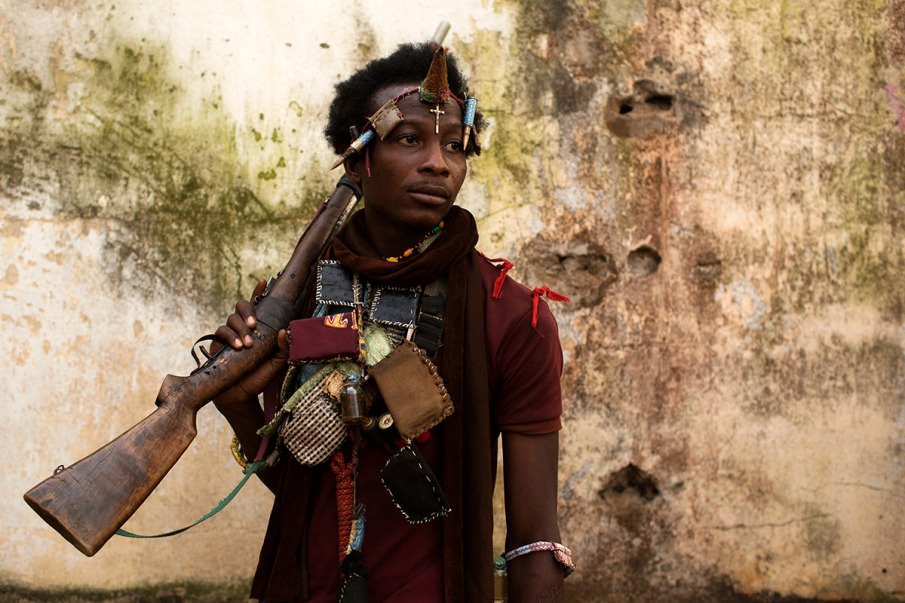In the framing of Central African Republic’s haunting violence as a religious conflict, the anti-Balaka (“balaka” means machete in the local Sango language) are often characterized as a coalesced Christian militia, retaliating against the predominantly Islamic Séléka rebels.
They have not only targeted those they believe to be part of the Séléka rebel movement, but Muslim civilians as well, killing children and mutilating bodies.
“We had no intention of killing Muslims, but we later noticed that so many Muslims in the country were supporting the Séléka rebels,” Alfred Legrald Ngaya, an anti-Balaka leader, is quoted as saying in the Turkish press.
The rag-tag anti-Balaka was, in fact, set up half a decade ago, under the auspices of former leader, Francois Bozizé, to protect communities from bandits and cattle raiders. In the absence of the state’s ability to monopolize violence or provide any real form of security, the anti-Balaka took on a defensive role. An op-ed in Al Jazeera claims that they “are not motivated nor united by religion.”
“Before the anti Balaka fought street bandits because the police and the army were incapable of fighting them,” Jean Marius Toussaint Zoumalde, a Capuchin of the convent in Saint-Laurent, is quoted as saying in the Vatican’s news site.
General Francisco Soriano, commander of the French Sangari force in the country, said that he and his force do not know exactly who makes up the anti-Balaka. “Their leaders’ identity, their chain of command and their political programme are all unknowns,” according to Soriano.
But in one of their latest reports, Human Rights Watch voices fears that the anti-Balaka militias “are increasingly organized and using language that suggests their intent is to eliminate Muslim residents from the Central African Republic.”
Amnesty International believes that a campaign of “ethnic cleansing” is being carried out against Muslims in the western region of the Central African Republic, where the capital, Bangui, lies.
“Revenge is good sometimes, and it’s bad sometimes, but we have to do it,” Sebastien Wenezoui, an anti-Balaka leader, is quoted as saying in The Global and Mail.

Yet, some Muslims have sought refuge in a Catholic Church under the protection of Rev. Justin Nary, who believes he is firmly a target of the anti-Balaka.
As Chad has aided the Séléka rebels, because of shared ethnic and religious backgrounds, French soldiers have been accused of failing to protect the Muslim population against rampant anti-Balaka atrocity.
Peter Bouckart, the Human Rights Watch Emergency Director, posted an image on Twitter, purporting that French Sangari forces, just a stone’s throw away, did nothing as an anti-Balaka militiaman mutilated a Muslim’s body.
Even as Catherine Samba-Panza, a Christian, has come to power, her demands for the predominantly Christian anti-Balaka to disarm have been met with stiff opposition.
However one chooses to define the contours of this conflict – religious or not – radical Islamist forces in Africa have clearly taken their own stand. Nigeria’s Boko Haram has declared war on the anti-Balaka to “avenge the blood of Muslims massacred in the CAR,” in a cycle of vengeful violence that shows no sign of abating.
(Feature photo credit: AFP/Getty Images)
